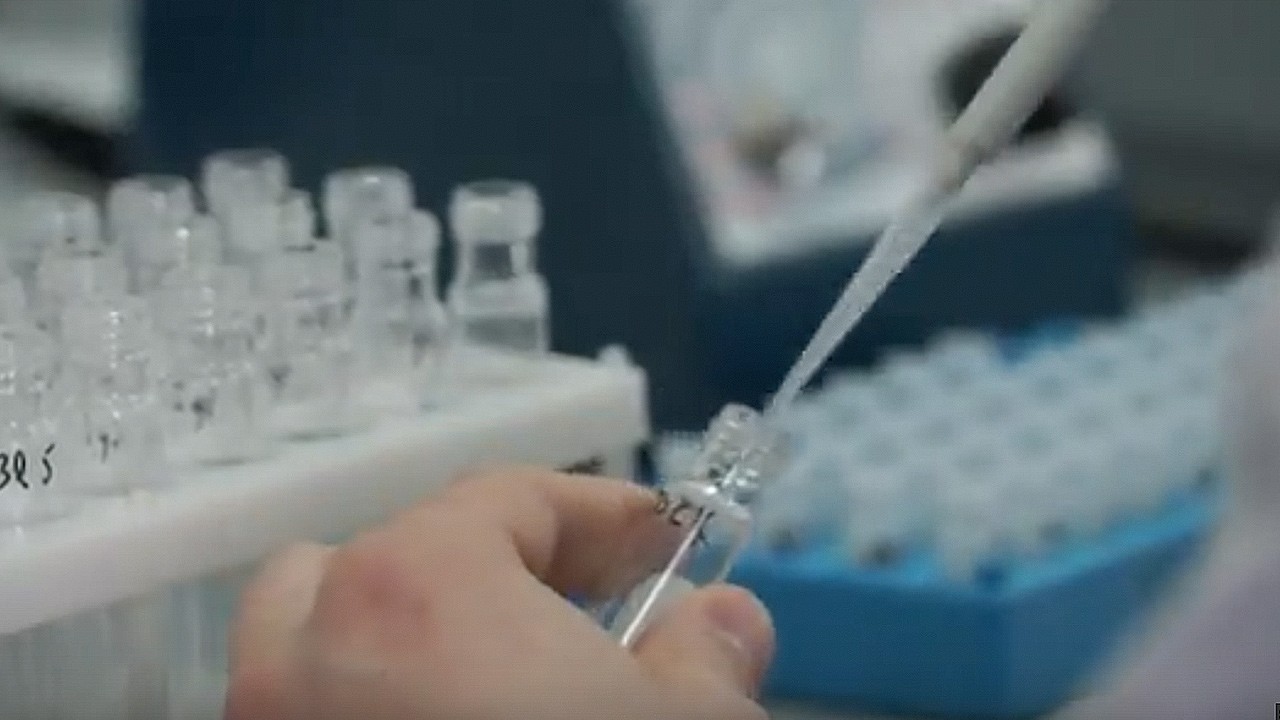The special counsel’s Russia investigation has finally reached Attorney General Jeff Sessions.Sessions became the first known Cabinet member to be questioned by Special Counsel Robert Mueller’s team as part of the investigation in the Trump campaign’s ties to Russia last week, the New York Times reported on Tuesday. Sessions involvement, confirmed by his spokesperson, could signal the investigation may soon reach its epicenter: President Trump himself. The meeting with Sessions even included a discussion of whether Trump has obstructed justice since taking office, according to the Times.Sessions, a former U.S. Senator from Alabama, jumped aboard Trump’s presidential campaign in February 2016 and spoke at campaign rallies throughout the year. He also played a key policy role on Trump’s transition team, offering advice about candidates for top executive posts.During his Senate confirmation hearing for the attorney general position in January 2017, Sessions was asked about possible ties between the Trump campaign and Russian officials. "I'm not aware of any of those activities," he said at the time.In October 2017, former Democratic Sen. Al Franken also asked Sessions point-blank if surrogates from the Trump campaign had communication with the Russians during a Senate Judiciary Committee hearing.“I did not, and I'm not aware of anyone else that did. And I don't believe it happened," Sessions said at the time.READ: Steve Bannon is already cutting deals with MuellerThe Justice Department, however, later confirmed that Sessions did, in fact, meet twice with the Russian Ambassador to the U.S., Sergey Kislyak, during the campaign.Additionally, when the House Judiciary Committee questioned Sessions about the campaign’s ties to Russia in November 2017, he said he was part of a 2016 meeting between then-candidate Trump and the campaign’s foreign policy adviser, George Papadopoulos, who offered to set up a meeting between Trump and Russian President Vladimir Putin.Sessions had previously said that he didn’t recall any of these meetings. Papadopoulos, however, later pleaded guilty to lying to federal officials about contacts with Russian officials. Former national security advisor Michael Flynn also pleaded guilty for lying about his contact with Kislyak.In March 2017, Sessions recused himself from the Russia investigation and relinquished any supervision of the special counsel’s work, which is all happening within his Justice Department. Trump reportedly tried to stop Sessions from recusing and even said afterward that he regretted making him Attorney General.“Sessions should have never recused himself, and if he was going to recuse himself, he should have told me before he took the job, and I would have picked somebody else,” Trump told the New York Times.Mueller’s team is also interested in whether President Trump fired former FBI Director James Comey to hinder the Russia investigation. According to a letter the White House drafted about Comey’s firing, Sessions and Deputy Attorney General Rod Rosenstein both advised Trump in favor of firing Comey, and Sessions has since defended the decision.READ: Paul Manafort is suing Mueller over the Russia probeSessions may be the first Cabinet member to get pulled into the investigation, but he’s not the first member of Trump’s inner circle. Mueller’s team subpoenaed former White House chief strategist Steve Bannon last week as he avoided answering questions after he avoided questions about his time as Trump’s right hand man in front of the House Intelligence Committee. Federals officials questions another close advisor, the president’s son-in-law Jared Kushner, in November.Mueller has also expressed interest in interviewing the president as part of his investigation. Last June, Trump said he would be glad to be interviewed, “100 percent.” Trump, however, has since downplayed his willingness. “We’ll see what happens,” he said while answering press questions earlier this month.
Advertisement
Advertisement
